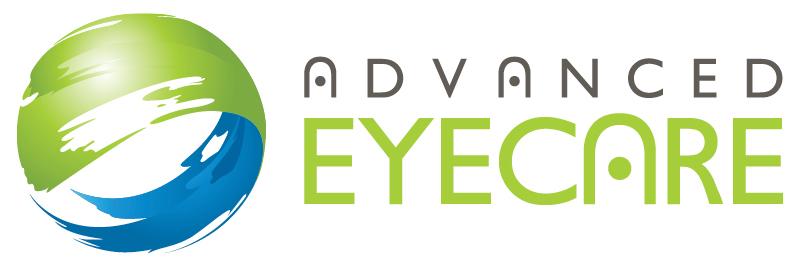
Vision screenings are commonly used to assess an individual's vision and identify potential problems. Often performed in schools, workplaces, and community health fairs, these screenings are crucial for detecting obvious vision issues that might interfere with daily activities.
While these are useful, basic vision screenings have significant limitations. Understanding what these screenings can and cannot detect highlights the importance of comprehensive eye exams provided by experienced professionals like those at Advanced Eyecare of Mukilteo in Mukilteo.
What Vision Screenings Can Detect
Basic vision screenings typically involve a series of quick tests to measure visual acuity, or how well you can see at various distances. These screenings often use tools such as eye charts (like the Snellen chart) and may include tests for:
- Visual Acuity: Assessing clarity of vision at different distances.
- Refractive Errors: Identifying issues like nearsightedness, farsightedness, and astigmatism.
- Color Vision: Detecting color blindness, which can affect the ability to distinguish between certain colors.
- Basic Eye Coordination: Checking how well your eyes work together.
These screenings are useful for identifying individuals who need further evaluation and corrective measures, such as eyeglasses or contact lenses. They only scratch the surface of eye health.
<H3> The Limitations of Basic Vision Screenings
Despite their utility, vision screenings have some limitations and cannot detect many underlying eye conditions. Here are some of the critical areas where basic screenings fall short:
- Eye Diseases: Basic screenings cannot diagnose eye diseases such as glaucoma, cataracts, macular degeneration, or diabetic retinopathy. These conditions require comprehensive eye exams with specialized equipment to identify early signs and manage progression.
- Detailed Eye Health: Screenings do not evaluate the overall health of the eye, including the retina, optic nerve, and other internal structures. Conditions affecting these parts of the eye can develop without noticeable symptoms and remain undetected without thorough examination.
- Children's Vision Issues: While screenings can detect obvious vision problems in children, they often miss more subtle issues like amblyopia (lazy eye) or strabismus (crossed eyes), which require specialized pediatric eye care.
- Visual Field Loss: Basic screenings rarely assess peripheral vision, which is crucial for detecting conditions like glaucoma and other neurological disorders.
- Complex Vision Problems: Issues such as binocular vision dysfunction, which affects how the eyes work together, and visual processing problems often go undetected in basic screenings.
The Importance of Comprehensive Eye Exams
Comprehensive eye exams at Advanced Eyecare of Mukilteo provide a detailed evalutation of your eye health. These exams involve a host of tests and procedures that allow our optometrists to get a complete picture of your vision and eye health. Here’s what you can expect:
- Detailed Eye Health Assessment: Using advanced technology such as Optical Coherence Tomography (OCT) and digital retinal imaging, we examine the internal structures of your eyes.
- Detection of Eye Diseases: Comprehensive exams can identify early signs of eye diseases before they cause significant vision loss.
- Customized Vision Correction: Accurate prescriptions for eyeglasses or contact lenses tailored to your specific needs.
- Preventive Care: Early detection and management of eye conditions can prevent serious complications and preserve your vision.
Why Choose Advanced Eyecare of Mukilteo?
Our experienced optometrists use state-of-the-art technology to conduct thorough eye exams and provide personalized treatment plans. Regular comprehensive eye exams are essential for maintaining healthy vision and catching potential issues early.
Request Your Comprehensive Eye Exam
Don't rely solely on basic vision screenings to safeguard your eye health. Request a comprehensive eye exam at Advanced Eyecare of Mukilteo in Mukilteo. Call us at 425-315-8300 to book your appointment and ensure your eyes receive the care they deserve.
